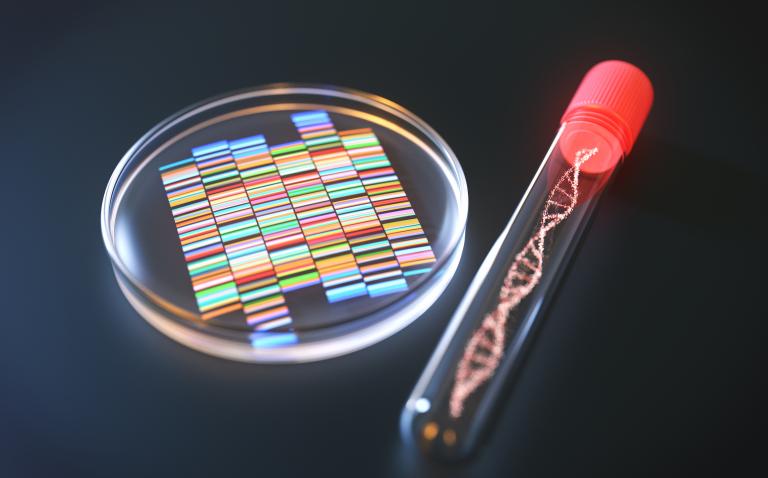Researchers at Washington University School of Medicine in the USA have found a compound that may treat IBD without directly targeting inflammation. The compound tamps down the activity of a gene linked to blood clotting. They discovered that the gene, SERPINE-1, was turned on at sites of intestinal inflammation and damage, and blocking its activity reduces IBD symptoms in mice.1
Notably, the gene is especially active in people with severe disease and in those who do not respond to potent biologic drugs known as TNF blockers that are prescribed to treat severe IBD.
The findings may be a path to new therapeutic options for people whose IBD cannot be controlled effectively with current treatments.
“There’s a lot of interest in novel therapeutic approaches for IBD because inhibiting inflammatory molecules doesn’t work for all patients,” said senior author Thaddeus S Stappenbeck, MD, PhD, the Conan Professor of Laboratory and Genomic Medicine. “We found a unique target that’s not an inflammatory molecule, and yet blocking it reduces inflammation and signs of disease, at least in mice. If further research bears out our findings, we think this target could be helpful to a greater number of patients.”
When mice with IBD-like symptoms were treated with a compound called MDI-2268 that blocked the activity of the SERPINE-1 protein, they lost less weight, and their intestines showed less destruction and inflammation than mice that were treated with placebo. The compound was developed by Daniel A Lawrence, PhD, of the University of Michigan.
“What’s most exciting here is that SERPINE-1 and its protein seems to be most highly expressed in people with the most severe disease and those who don’t respond to immunosuppressive biologics,” Stappenbeck said. “No one’s ever thought of targeting something like this. But here we’ve found something that might help lots of people with IBD, especially the ones who aren’t benefiting much from current therapies.”
Reference
- Kaiko GE et al. PAI-1 augments mucosal damage in colitis. Science Translational Medicine 2019;March 6; DOI: 10.1126/scitranslmed.aat0852









